Question And Answer
Publications
Articles, publications, books, tools and multimedia features from the U.S. Institute of Peace provide the latest news, analysis, research findings, practitioner guides and reports, all related to the conflict zones and issues that are at the center of the Institute’s work to prevent and reduce violent conflict.
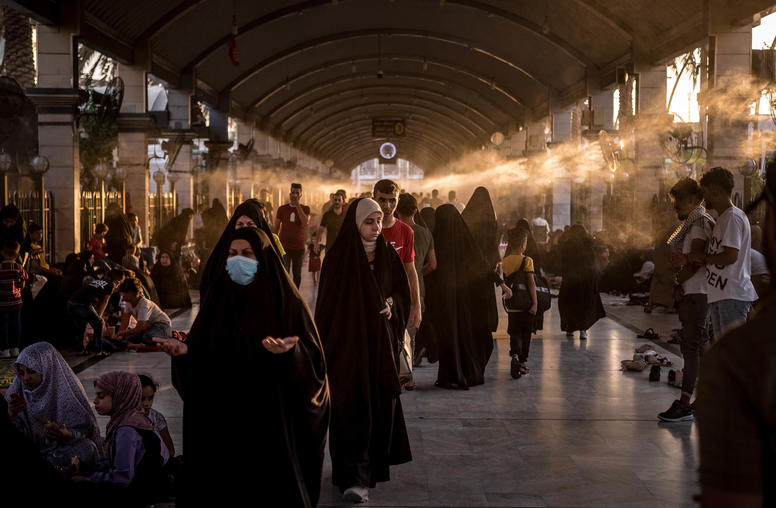
Can Arab States Bounce Back from COVID and Climates Crises?
More than two years into the pandemic, Arab states continue to struggle with the economic and social impacts of COVID-19. Meanwhile, climate change is devastating the region — and its governments are ill-equipped to address massive problems like water scarcity and scorching temperatures. Even before COVID, much of the region was wracked by conflict, embroiled in social tension, suffering from lagging economies and witnessing growing disquiet over the unrealized aspirations of the Arab uprisings. These challenges are detailed in the U.N. Development Programme’s recently released 2022 Arab Human Development Report, which also lays out a path for an “inclusive and resilient recovery.”
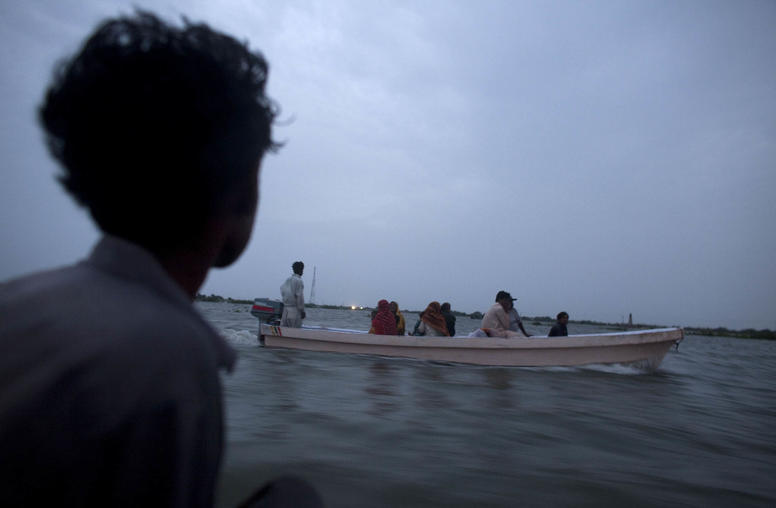
Why Pakistan Is Drowning
Pakistan is currently experiencing one of the worst environmental disasters in the world. One-third of the country is under water. Over 1,325 people have died and 33 million have been impacted. The latest statistics show that over 1,600 have been injured, 325,000 homes destroyed, 735,000 livestock lost and 2 million acres of crops damaged — numbers which are likely to increase. According to a rough assessment by Atlantic Council’s Uzair Younus and economist Ammar Khan, the direct damage to roads, homes, livestock and crops is over $3 billion, which is an astronomical amount for a developing country like Pakistan.
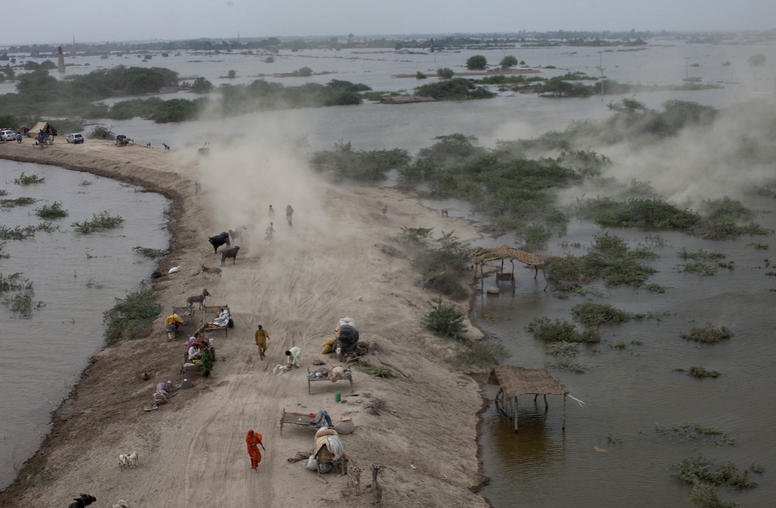
Pakistan’s Deadly Floods Come Amid Deluge of Crises
After experiencing its hottest months in 61 years in April and May, Pakistan has been hit by a “monsoon season on steroids,” according to U.N. chief Antonio Guterres. Pakistan has long been considered one of the most vulnerable countries to climate change in the world. Despite a history of intense floods, the country was ill-prepared for this year’s monsoon season. Intractable political and economic crises have hampered Pakistan’s capacity to address the ongoing fallout, particularly the worsening humanitarian crisis.
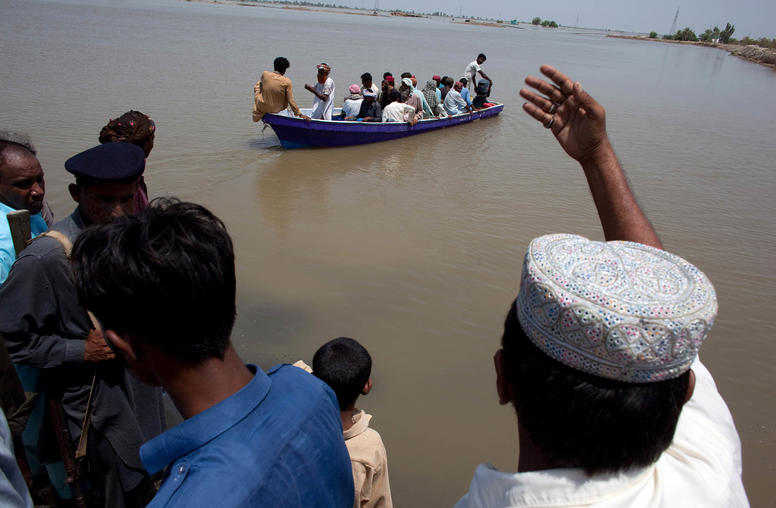
Pakistan’s Climate Challenges Pose a National Security Emergency
Pakistan is in the midst of a terrible heatwave, with the temperatures in parts of the country exceeding 120 F. April was the hottest month in the past 61 years, until May came along and saw warmer temperatures. At least 65 people have reportedly died due to the heatwave, but the actual numbers are certainly higher, and it’s caused massive flooding and infrastructure damage in Gilgit-Baltistan, water shortages in Karachi and broader Sindh province, and placed greater demands on the country’s weak electrical grid. Despite monsoon rains beginning in late June — causing at least 77 deaths — many parts of the country still swelter. Pakistan should treat these climate disasters as a full-fledged national security emergency before they stoke conflict that adds further stress amid the country’s other numerous challenges.
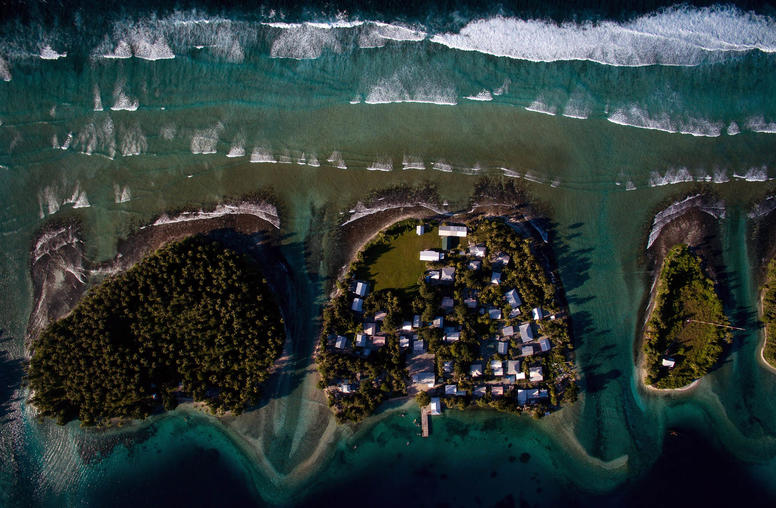
Pacific Islands Forum: Leaders Want to Focus on Climate Change, Not Geopolitics
The annual Pacific Islands Forum (PIF) Leaders Meeting will convene next week in Suva, Fiji, against the backdrop of increasing geopolitical competition in the region. But as the United States and its partners grow increasingly wary of China’s strategic interests in the Pacific Islands, leaders of PIF member states seek to shift regional attention to their greatest security concern: climate change.
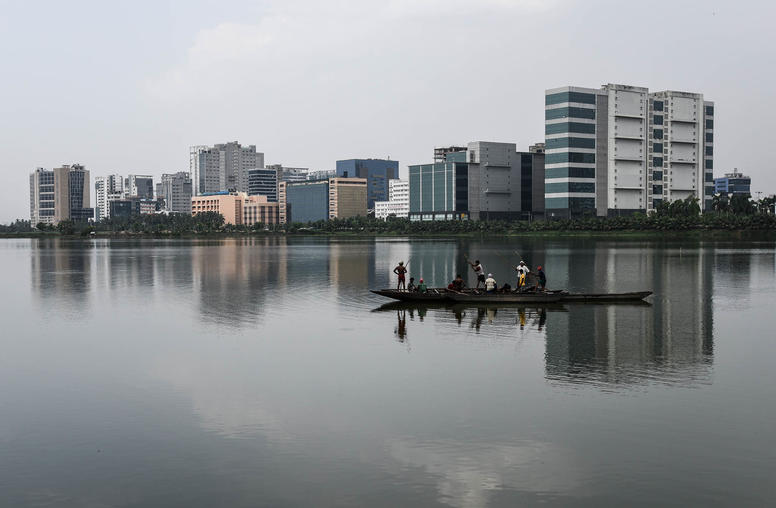
Climate Change, Migration and the Risk of Conflict in Growing Urban Centers
From 2015 to 2050, the world’s urban population is expected to nearly double, in part because migrants from rural areas devastated by climate change are being driven to cities in search of economic and social stability. However, many of the world’s fastest-growing cities are already struggling to handle their own climate issues. From rising seas to freshwater scarcity, the complex interplay of climate change, population growth and fragility in cities has made them hotbeds for social and economic inequalities — increasing the risk of violence and having a profound impact on human security in urban centers around the world.

Morocco Reflects a Global South Dilemma: Water or Food?
Morocco, like many countries across the “global south,” faces an intensifying dilemma: While it has improved its food production to reduce food insecurity and undernourishment, that progress has stressed the country’s limited water supplies with water-intensive industrial farming practices. As climate change intensifies structural drought throughout the Maghreb, Sahel and elsewhere, these regions must develop policies that treat food insecurity and water scarcity as interlinked crises. U.S. and international support for these changes will be vital.
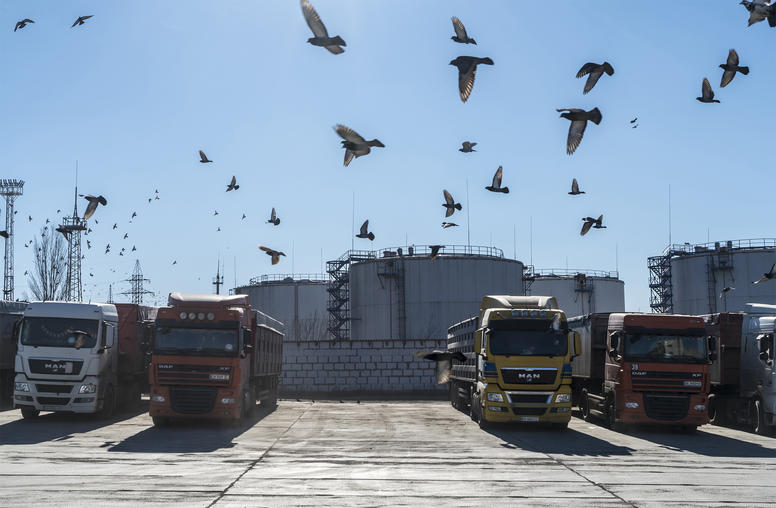
The Ukraine War is Deepening Global Food Insecurity — What Can Be Done?
Even before Russia invaded Ukraine, the global economy was suffering from the repercussions of several man-made conflicts, climate shocks, COVID-19 and rising costs — with devastating consequences for poor people in low-income and developing countries. The war in Ukraine — a major “breadbasket” for the world — is deepening these challenges on an unprecedented scale. In the immediate, swift and bold action is required by both wealthy and low-income nations to avert further humanitarian and economic catastrophe.
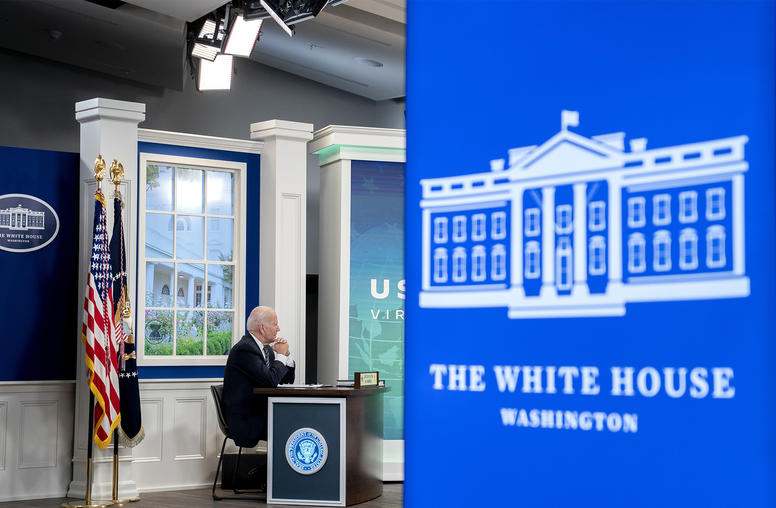
U.S.-ASEAN Summit Focused on Building Ties, Not Countering China
President Joe Biden attends a virtual U.S.-ASEAN Summit meeting, from the South Court Auditorium of the Eisenhower Executive Office Building on the White House grounds in Washington on Tuesday, Oct. 26, 2021. (Stefani Reynolds/The New York Times)
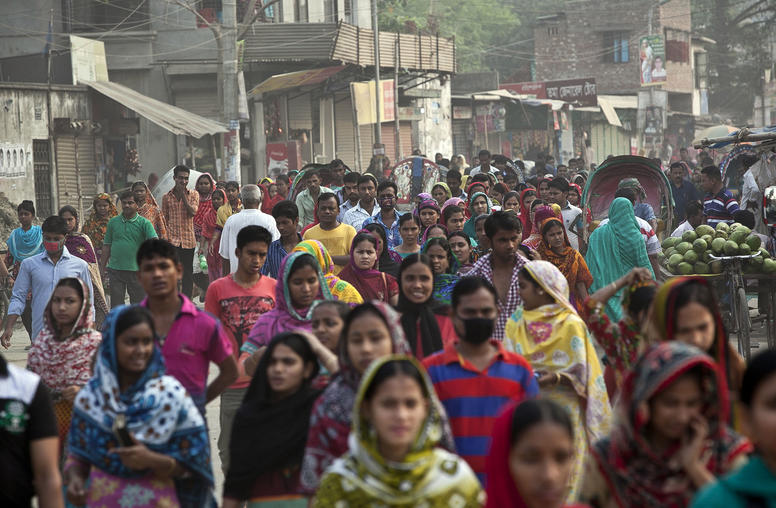
Bangladesh’s Balancing Act Amid the U.S. Indo-Pacific Strategy
As the Biden administration implements its new Indo-Pacific strategy, Bangladesh’s relationships with neighboring India and China are drawing renewed interest from U.S. policymakers. U.S. Undersecretary for Political Affairs Victoria Nuland visited Dhaka in late March and signed a draft defense cooperation agreement; last year, Special President Envoy for Climate John Kerry also went to Dhaka in advance of the Leaders’ Summit on Climate. At the same time, Washington retains concerns over democratic backsliding, human rights abuses and constraints on free and open electoral competition in the country. Experts Anu Anwar, Geoffrey Macdonald, Daniel Markey and Jumaina Siddiqui assess the factors shaping Bangladesh’s relations with its neighbors and the United States.